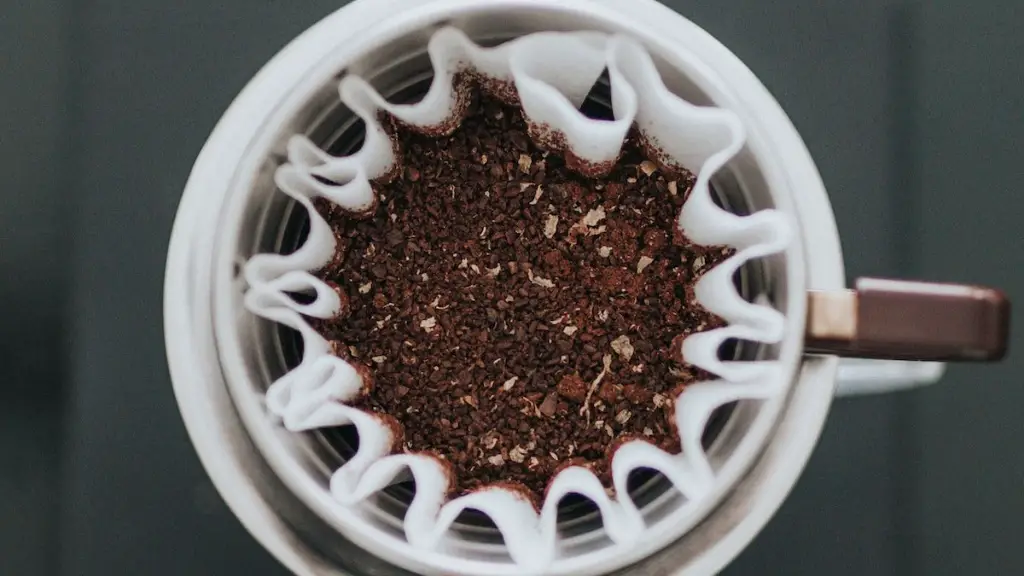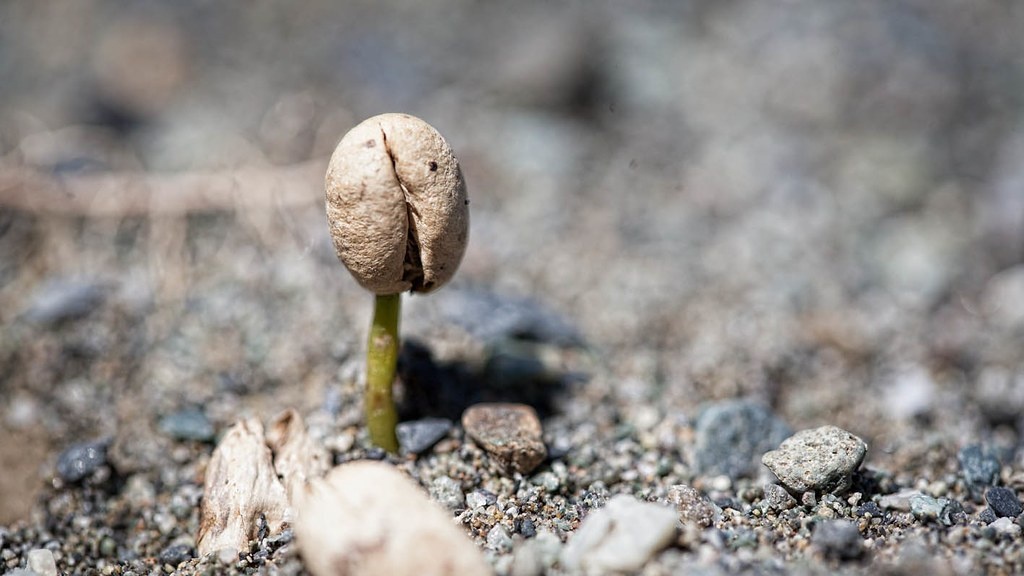Coffee consumption is increasing as a popular beverage choice every day, but is drinking coffee really as healthy as people believe it to be? In recent years, research has suggested that drinking too much coffee can have a significant harmful effect on your health. Even moderate consumption of coffee has been recognized to be unhealthy, which proves that drinking coffee should not be something done without caution.
Short-term effects from coffee consumption have been linked to disrupting sleep, increasing stress levels and elevating the risk of some medical problems such as stomach ulcers, heartburn and irregular heartbeat. Studies have also linked drinking coffee to migraines, restlessness and dehydration.
Long-term effects of drinking coffee include several severe health risks. One of the concerns of coffee drinking is its impact on the heart. According to experts, drinking coffee raises blood pressure and pulse rates, which could lead to a variety of cardiovascular health problems such as cardiomyopathy. Research has also found a consistent link between elevated coffee drinking and an increased risk of coronary heart disease.
In addition to the health risks posed by drinking coffee, the beverage can also be addictive. Studies have suggested that coffee can contain addictive substances, such as compounds of caffeine, that could influence dopamine production in the brain. Excessive coffee drinking can lead to a dependency on the beverage and a variety of withdrawal symptoms.
Coffee can also contribute to poor nutrition. Coffee is usually made with additives such as milk, cream, sugar and other flavorings, which can add an excessive amount of calories to an individual’s daily diet. Other nutrients, such as vitamins, minerals and proteins, can also be reduced from poor nutrition.
The high acidity levels present in coffee can also damage your teeth, as the beverage is extremely abrasive. The acidity and staining properties of coffee can over time wear away the enamel on teeth, making them more vulnerable to cavities and tooth decay.
All of these factors should be taken into consideration when it comes to drinking coffee. While a small amount of coffee can certainly be enjoyed, it’s important to remember the potential risks posed by excessive consumption and take steps to ensure that your consumption is in moderation.
Effects on the Brain
Research has shown that caffeine, the main active ingredient in coffee, can cause temporary alterations in brain function, leading to physical and mental health issues. In moderation, caffeine can improve mental alertness, focus and even mood. However, when consumed in excess, caffeine’s effect on the brain can become adverse. An overload of caffeine can lead to increased levels of anxiety, stress and even panic attacks.
Caffeine can also have a negative effect on sleep. Although moderate caffeine consumption can provide a temporary boost of energy, excessive consumption can cause restlessness, insomnia and a decrease in sleep quality. The added stress and fatigue from lack of sleep can have long-term effects on overall health and well-being.
Caffeine is also a known source of addiction, with users experiencing withdrawal symptoms if they attempt to stop or reduce their coffee intake. Signs of caffeine withdrawal include headaches, fatigue, irritability, and difficulty concentrating. Some of these symptoms can become worse with excessive and long-term caffeine intake.
Coffee’s Role in Weight Gain
Weight gain is another possible health effect of drinking coffee. While one or two cups of coffee per day may not have a significant impact on weight, more than that may lead to gradual weight gain over time. Studies have linked coffee to an increased risk of abdominal fat, which can lead to health complications such as type 2 diabetes, metabolic syndrome, and cardiovascular disease.
In addition to coffee’s indirect effects on weight gain, additives such as cream and sugar can further increase an individual’s calorie intake. While many beverages are often saved by low-calorie alternatives, coffee is not one of them. Artificial sweeteners, light creamers, and non-dairy creamers don’t always ensure that your coffee will remain a zero-calorie beverage.
The caffeine in coffee can also reduce physical activity, as it can give you a false sense of energy and increase mental alertness. This can lead to a decrease in physical activity levels, as the body is less able to expend energy. If a decrease in physical activity is combined with an increase in calorie intake from drinking coffee, over time this can lead to weight gain.
Effects on Digestion
Coffee can also have a negative effect on digestion, as the caffeine can cause stomach pains, loss of appetite and heartburn. Studies have also suggested that excessive coffee drinking is linked to an increased risk of irritable bowel syndrome, acid reflux and indigestion.
Coffee can also affects the absorption of essential nutrients, as the beverage can reduce your digestive system’s ability to absorb important nutrients such as calcium and vitamins. Without these essential nutrients, you may become more prone to health problems, and your immune system can become weaker.
Replacing regular coffee with decaffeinated options can help reduce the digestion-related effects of the beverage. Decaffeinated coffee still contains some caffeine, but it is generally at much lower levels that won’t affect your digestion as much.
Alternatives for Coffee
Although coffee consumption should be done in moderation, not everyone needs to give it up completely. Luckily, there are plenty of healthy alternatives for those looking for an energetic pick-me-up without the side effects posed by coffee. Some of these alternatives include green tea, matcha powder, herbal tea, and natural energizers such as guarana or maca powder.
Green tea is an excellent choice of beverage, as the amount of caffeine in it is significantly lower than in coffee. In addition, green tea is packed with powerful antioxidants that can help reduce inflammation, boost immunity and improve health. Green tea also contains the amino acid L-theanine, which can help increase mental clarity and alertness.
Herbal teas also provide an excellent alternative to coffee. Herbal teas come in a variety of flavors and don’t contain any caffeine, making them an excellent choice for those looking to cut down on their coffee consumption. Herbal teas can also provide a wealth of health benefits from increased detoxification to improved digestion.
For those looking for an energizing pick-me-up without the side effects of coffee, natural energizers such as guarana or maca powder are also excellent alternatives. Both of these are natural energizers that can provide sustained energy without the potential health risks posed by coffee.
Risks of Drinking Coffee
Overall, drinking coffee can come with a variety of potential health risks. It is important to remember that coffee consumption should be done in moderation to avoid the possible adverse effects of overconsumption. If you do choose to consume coffee, it’s important to be aware of any potential effects on your health and take steps to ensure that your consumption is in check.
Studies have suggested that the ideal amount of coffee consumption is up to three 8-ounce cups per day. For those who don’t like coffee or are looking to decrease their coffee intake, there are several healthy alternatives to coffee that provide a sustained energy boost without the risk of adverse health effects.
Coffee vs. Tea
Coffee and tea are often compared and debated as to which one is healthier. While coffee does often have more caffeine than tea, the effects of caffeine can vary from person to person. This means that coffee may not always be the energizing drink people think it is.
In addition, coffee can come with a number of potential health risks, especially with excessive consumption. Tea, on the other hand, often contains less caffeine than coffee and is packed with healthy antioxidants and anti-inflammatory compounds. Tea also does not contain any additives that can add unwanted calories to an individual’s daily diet.
Overall, both drinks need to be consumed in moderation to ensure that any potential health risks or benefits are not overlooked. While coffee can certainly be enjoyed, tea offers a healthier alternative that may provide the same energy boost with far fewer health risks.
Caffeine Alternatives
Many people turn to caffeinated drinks such as coffee in an attempt to gain an energy boost during the day. However, excessive coffee drinking can lead to a variety of negative health effects, and the caffeine may not always provide the desired effect.
Luckily, there are several alternatives to caffeine that can provide a boost of energy without the health risks posed by coffee. Foods such as bananas, oats, yogurt, and nuts are all excellent sources of natural energy that can help keep you energized throughout the day. Vegetables, lean proteins and healthy fats can also provide your body with sustained energy.
Low-sugar energy drinks are also an excellent source of natural energy and can provide essential vitamins and minerals that are essential for overall health. However, it’s important to ensure that the energy drink you choose is low in sugar and does not contain any artificial ingredients.
Finally, exercise is one of the best ways to gain an energy boost. Regular physical activity can help increase alertness, elevate mood and increase overall energy levels. It also provides an abundance of health benefits from improved cardiovascular health to stronger muscles and bones.





